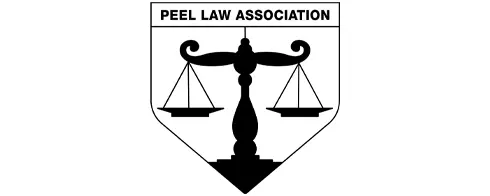Self-Defense in Canada: When Is It Legal to Fight Back?
Self-defense is a legal concept that allows individuals to protect themselves from harm. Understanding the laws surrounding self-defense in Canada is essential for anyone facing a situation that may involve using force. In this article, we’ll explore the legal definition of self-defense, the factors that influence its applicability, and the importance of legal representation in these cases.
What is Self-Defense?
In Canada, self-defense is defined under Section 34 of the Criminal Code. It allows individuals to use reasonable force to protect themselves from imminent harm. Key elements of self-defense include:
- Imminent Threat: The individual must believe that they are facing an immediate threat of harm.
- Reasonable Force: The force used in self-defense must be proportionate to the threat faced.
Factors Influencing Self-Defense Claims
Several factors can influence the applicability of a self-defense claim, including:
- Nature of the Threat: The severity of the threat can impact whether the use of force is deemed reasonable.
- Previous History: Any prior history of violence or conflict between the parties may be considered in determining the legitimacy of the self-defense claim.
- Escalation: If an individual has the opportunity to retreat or de-escalate the situation, it may affect the self-defense argument.
Legal Consequences of Self-Defense
While self-defense is a legal right, using force can still lead to criminal charges. Key considerations include:
- Burden of Proof: The individual claiming self-defense must demonstrate that their actions were justified based on the circumstances.
- Potential Charges: If a self-defense claim is deemed unjustified, individuals may face charges such as assault or manslaughter.
The Importance of Legal Representation
If you find yourself involved in a case related to self-defense, having legal representation is crucial. A skilled criminal lawyer can:
- Evaluate Your Case: Assess the circumstances surrounding your actions and determine the viability of a self-defense claim.
- Build a Strong Defense: Develop a defense strategy tailored to the specifics of your case, including evidence and witness testimonies.
- Advocate in Court: Represent your interests in court proceedings and argue for the legitimacy of your self-defense claim.
Manbir Nirwal and Nirwal Law have experience representing clients in self-defense cases across Ontario, including Brampton. Our team is dedicated to providing the support and guidance you need during this challenging time.
Conclusion
Understanding the laws surrounding self-defense in Canada is essential for anyone facing situations involving the use of force. The legal definition of self-defense involves several key factors that can influence whether a claim is successful. If you need legal assistance in a self-defense case, don’t hesitate to reach out for support.
Disclaimer: This blog is for informational purposes only and does not constitute legal advice. Every situation is unique, and the information here may not apply to your specific circumstances.








